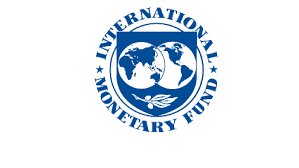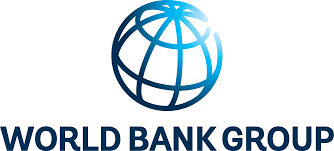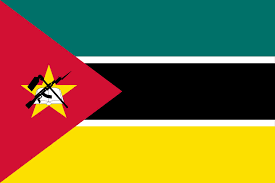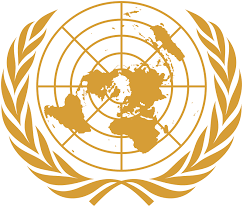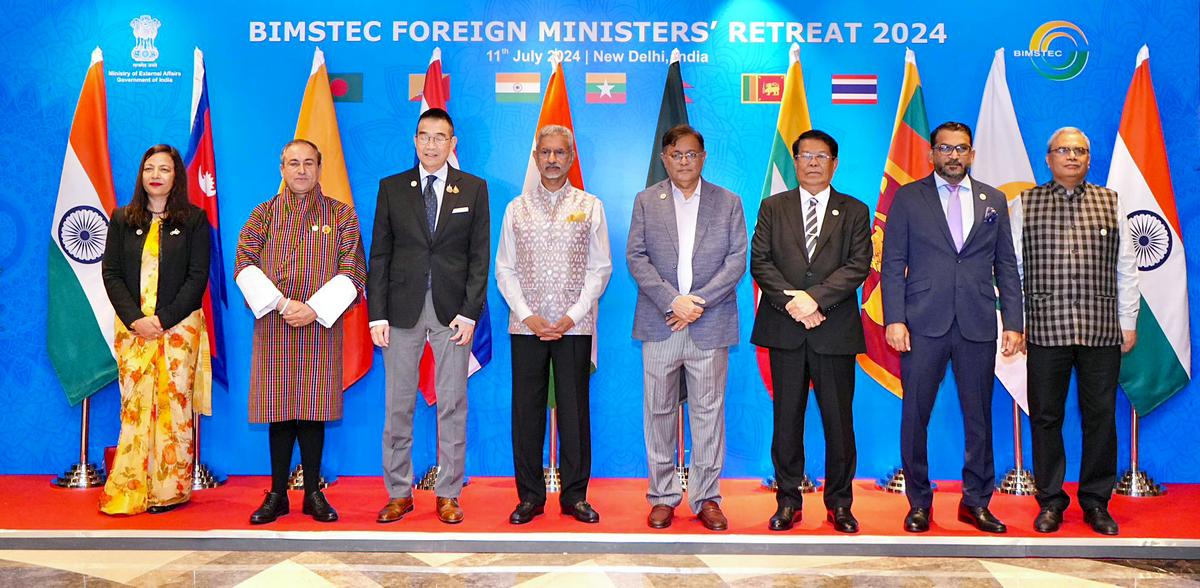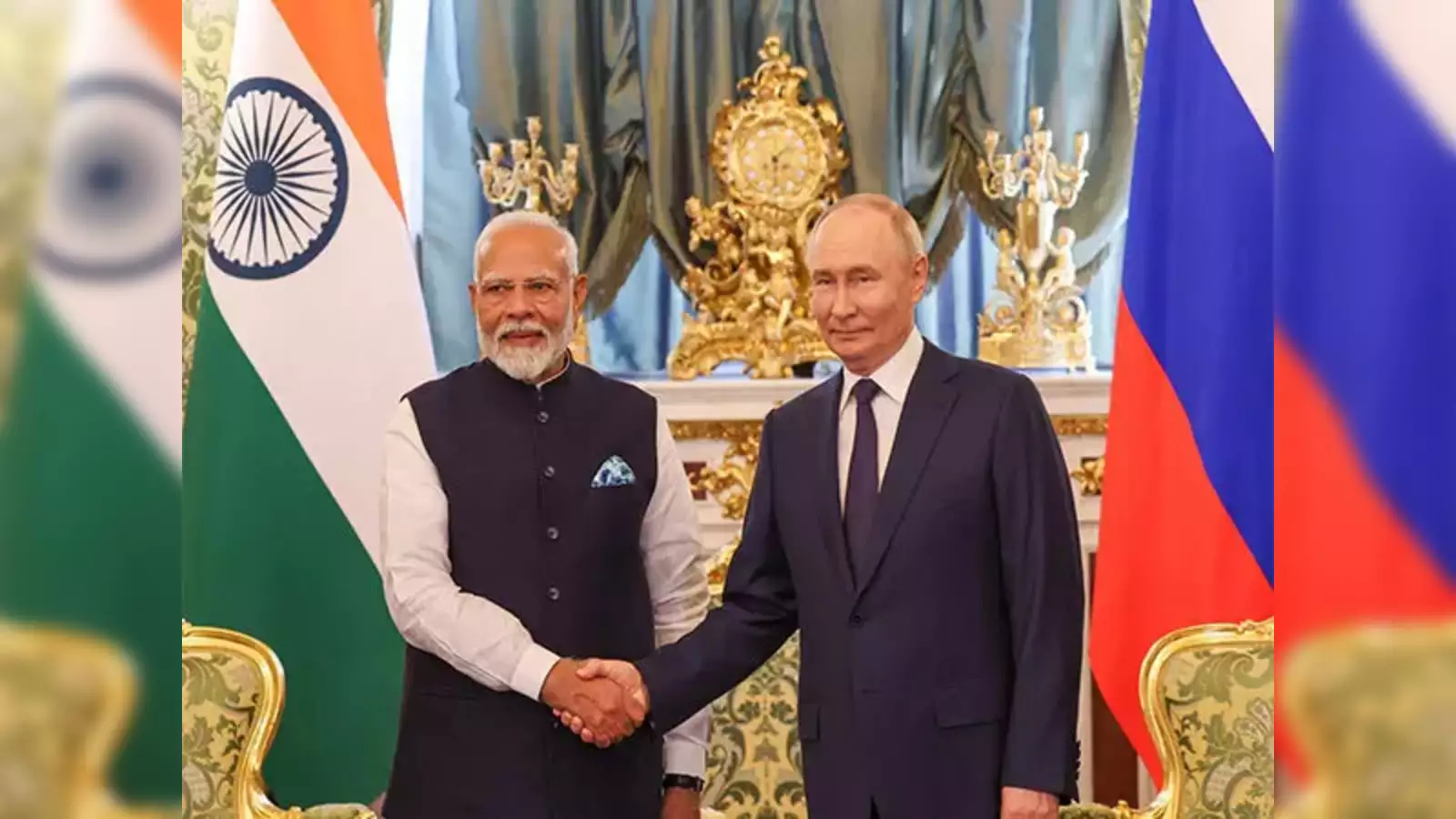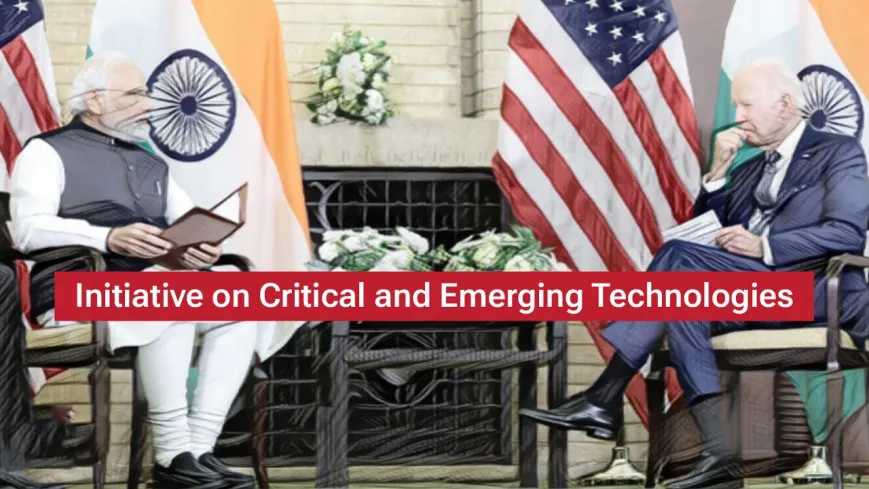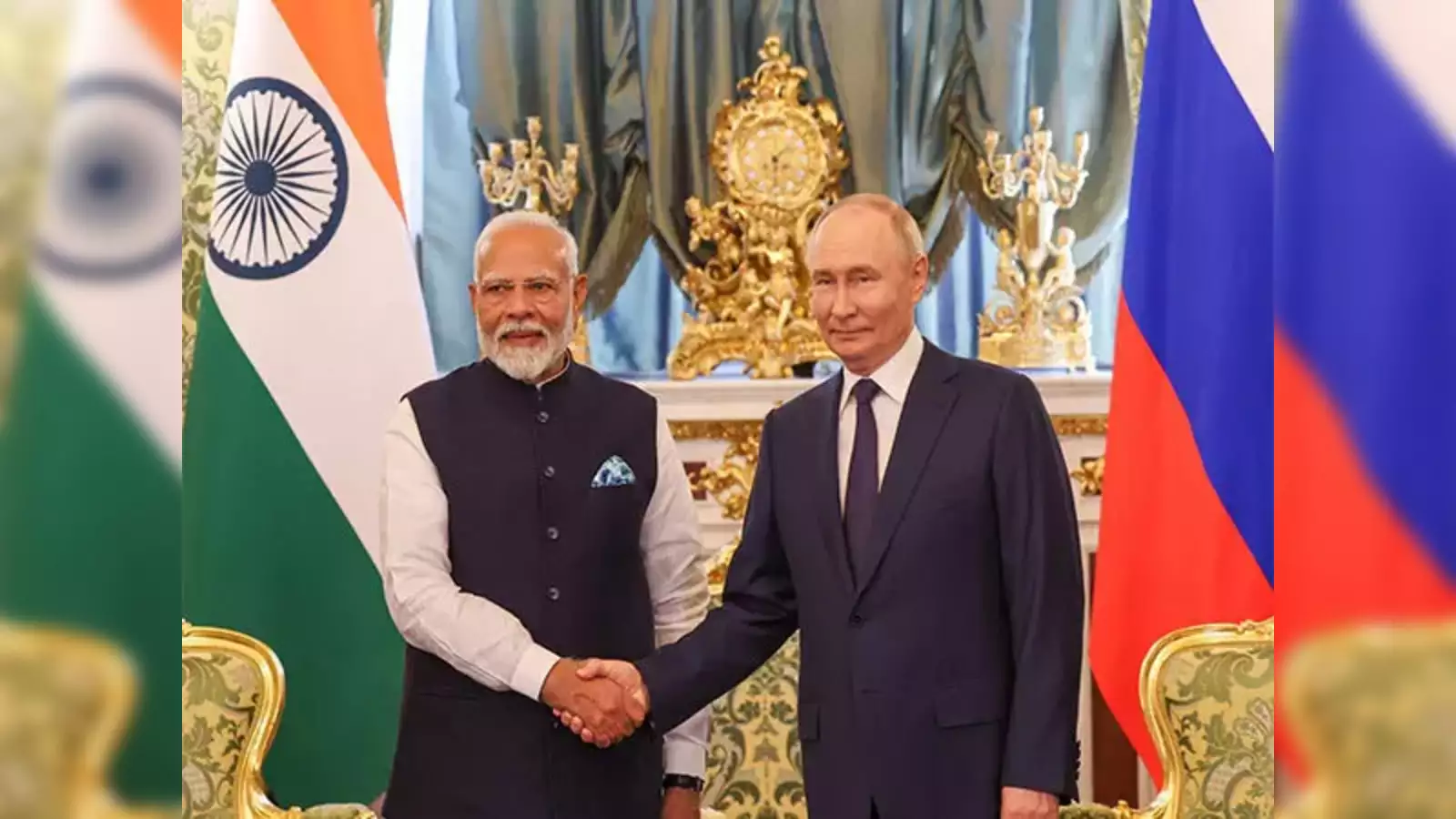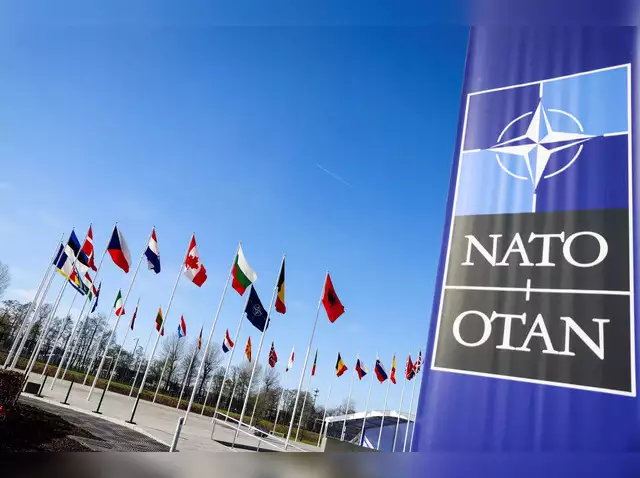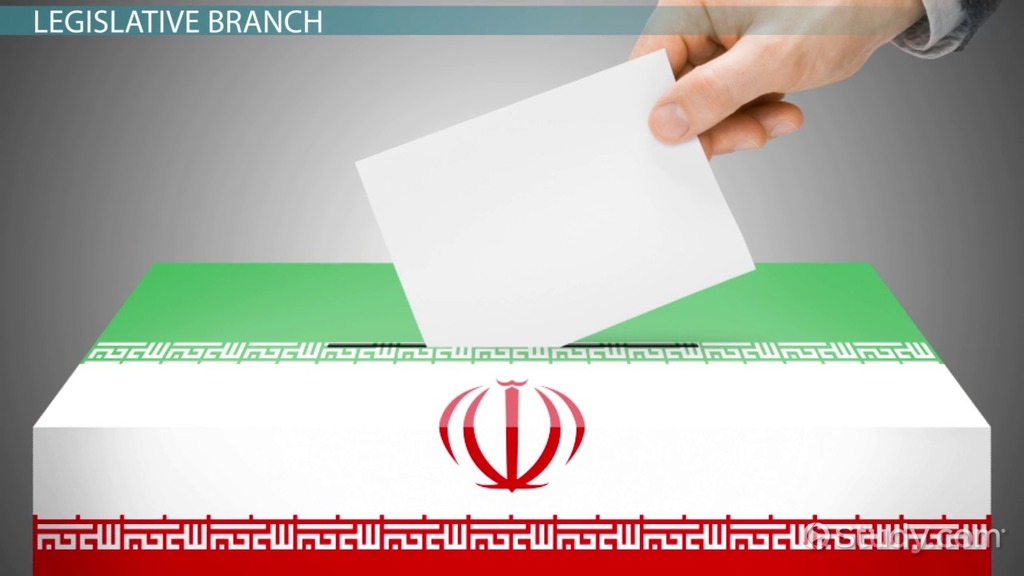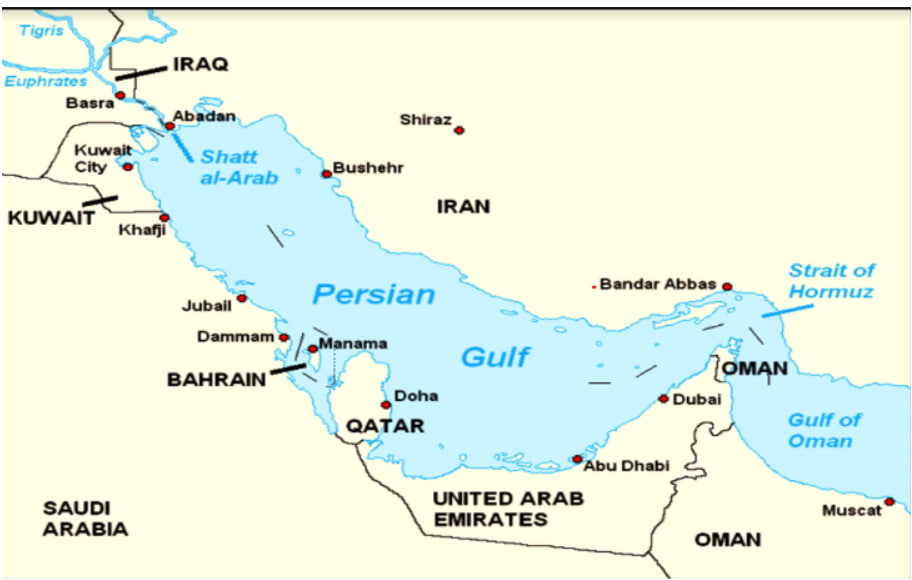The Hindu : Page 12
GS 2 : International Relations
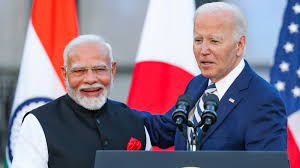
India is close to finalising the clean economy and fair economy agreements under the Indo Pacific Economic Framework for Prosperity (IPEF), led by the U.S.
- The agreements focus on energy security, climate resilience, anti-corruption, and transparent business environments, while India hesitates on joining the trade pillar due to concerns over digital trade and standards.
About the news:
- India is nearing finalisation of clean economy and fair economy agreements under the U.S.-led Indo Pacific Economic Framework for Prosperity (IPEF).
- These pacts focus on energy security, climate resilience, anti-corruption, and transparent business environments.
- India has concerns over the trade pillar, particularly regarding digital economy rules and labour/environmental standards.
- The Commerce Department has drafted Cabinet notes, with other ministries largely in agreement.
- India, after missing endorsement due to elections, aims to secure domestic clearances before signing.
- IPEF, aimed partly at countering Chinese influence, includes 14 members like the U.S., Japan, Australia, and others.
- All members, including India, have signed the supply chain resilience agreement.
- The clean economy pact targets reducing fossil fuel dependence, promoting clean energy, and attracting investments for climate-friendly technologies.
- The fair economy agreement aims at enhancing trade and investment by improving transparency, combating corruption, and boosting tax cooperation.
- Negotiations on the trade pillar, excluding digital trade, are stalled as the U.S. shifts focus.
Indo Pacific Economic Framework for Prosperity (IPEF):
- The Indo-Pacific Economic Framework for Prosperity (IPEF) is a U.S.-led initiative launched in May 2022 to bolster economic cooperation and resilience.
- It includes 14 countries: the United States, Australia, Brunei, Fiji, India, Indonesia, Japan, Malaysia, New Zealand, the Philippines, Singapore, South Korea, Thailand, and Vietnam.
- The IPEF focuses on four key pillars: trade, supply chain resilience, clean energy and decarbonization, and tax and anti-corruption measures.
- It aims to foster sustainable economic growth, improve trade standards, and ensure a free and open Indo-Pacific, counterbalancing China’s influence in the region.
UPSC Mains PYQ : 2019
Ques : ‘What introduces friction into the ties between India and the United States is that Washington is still unable to find for India a position in its global strategy, which would satisfy India’s National self-esteem and ambitions’. Explain with suitable examples.

